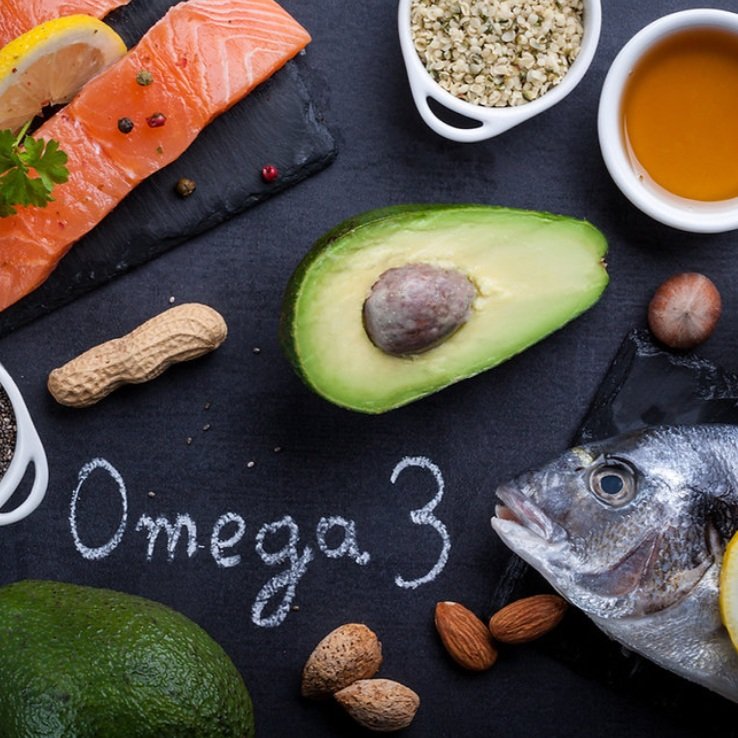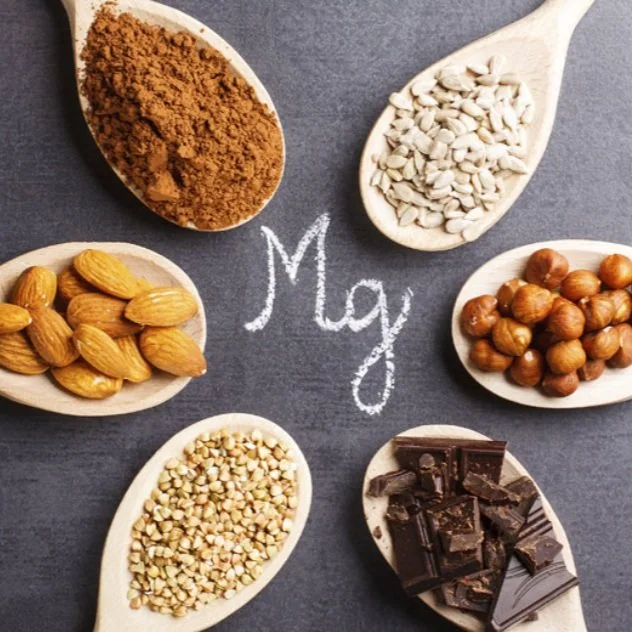The 411 on Supplements from a Rumble Expert
Body Transformation
Adam Blackwell is Rumble Boxing Studio Country Hill’s Body Transformation Expert. He is a Certified Personal Trainer plus has his Nutritional Coaching Institute Level 1 Certification. In this week’s The Hook, he walks us through what supplements are ideal for us as we transform our bodies at Rumble Boxing.
Supplements and vitamins can play an important role in supporting muscle growth, fat loss, and overall health.
While it is possible to get all the necessary vitamins and minerals through a balanced diet, many people struggle to do so. For example, vegans or vegetarians may have difficulty getting enough vitamin B12, which is found primarily in animal products. Additionally, people with certain medical conditions or who are taking certain medications may have increased nutrient needs or absorption issues that can be addressed with supplements.
Benefits of Supplements for Muscle Growth
Overall, supplements and vitamins can be a useful tool in supporting muscle growth, fat loss, and overall health, especially for those who may struggle to meet their nutrient needs through diet alone.
That being said, here are the top 10 supplements and vitamins that may be helpful for building muscle and losing weight:
1. Protein Powder
Protein is essential for muscle building, and protein powder is an easy and convenient way to ensure that you are getting enough protein in your diet. Whey protein, in particular, has been shown to be effective for increasing muscle mass. (A few Protein Powder options: Whey Protein, Casein Protein, Pea Protein, Soy Protein)
2. Creatine
Creatine is a naturally occurring compound that is found in muscle cells. It has been shown to be effective for increasing muscle strength and power, as well as muscle size. Some foods that are rich in this supplement (Red meat such as beef), fish (such as salmon or tuna), and poultry (such as chicken)
3. Vitamin D
Vitamin D is important for bone health and immune function, but it may also play a role in muscle function. Low levels of vitamin D have been associated with decreased muscle strength, so ensuring that you are getting enough vitamin D may help with building muscle. Some foods that are rich in this Vitamin: Fatty Fish (such as salmon or tuna), egg yolks.
4. Essential Amino Acids (EAAs)
EAAs. Amino Acids are the building blocks of protein, and there are 20 different amino acids that are important for your health. Of these 20, nine are considered "essential" because the body cannot produce them on its own and they must be obtained through diet. These nine EAA's are: (histidine, isoleucine, leucine, lysine, methionine, phenylalanine, threonine, tryptophan and valine). When you workout, whether it's weight training, running or any form of exercise, your muscles are undergoing a process of breakdown and repair. This is where the EAAs come in and help play a role in producing new muscle and repairing the damaged muscle tissue from training. Some foods that are rich in this supplement: Beef, Chicken, Fish, Eggs, Dairy, Soy, Quinoa
5. Omega-3 Fatty Acids
Omega-3 fatty acids are essential fats that have been shown to have numerous health benefits, including reducing inflammation and improving heart health. They may also play a role in muscle building, as they have been shown to increase muscle protein synthesis. Some foods that are rich in this supplement: Fatty Fish (such as salmon or sardines), chia seeds, flax seeds, and walnuts.
6. Magnesium
Magnesium is an important mineral that is involved in numerous processes in the body, including muscle function. Low levels of magnesium have been associated with decreased muscle performance, so ensuring that you are getting enough magnesium may be helpful for building muscle. Some foods that are rich in this supplement: Nuts (such as almonds or cashews), whole grains (such as brown rice or quinoa), and dark chocolate
9. Beta-Alanine
Beta-alanine is an amino acid that has been shown to be effective for increasing muscle endurance and reducing muscle fatigue. It works by increasing the levels of carnosine in the muscles, which can help to buffer lactic acid and delay fatigue. Some foods that are rich in this supplement: Beef, chicken, turkey, or pork.
7. Zinc
Zinc is a mineral that is important for immune function, but it may also play a role in muscle building. Low levels of zinc have been associated with decreased muscle strength, so ensuring that you are getting enough zinc may be helpful for building muscle. Some foods that are rich in this supplement: Oysters, red meat (such as beef or lamb), poultry (such as chicken or turkey), and beans.
10. Iron
Iron is an important mineral that is involved in numerous processes in the body, including oxygen transport. Low levels of iron have been associated with decreased muscle performance, so ensuring that you are getting enough iron may be helpful for building muscle. Some foods that are rich in this supplement: Red meat (such as beef or lamb), poultry (such as chicken or turkey), fish (such as tuna or salmon), and dark leafy greens (such as spinach or kale).
8. Vitamin C
Vitamin C is important for immune function and collagen synthesis, but it may also play a role in muscle function. Low levels of vitamin C have been associated with decreased muscle mass and increased muscle damage, so ensuring that you are getting enough vitamin C may be helpful for building muscle. Some foods that are rich in this Vitamin: Citrus fruits (such as oranges or grapefruits), strawberries, kiwi, and bell peppers.
It's important to note that supplements and vitamins are not a substitute for a healthy diet and exercise regimen. While they may be helpful in supporting muscle building and weight loss goals, they should be used in conjunction with a well-rounded diet and exercise program.












